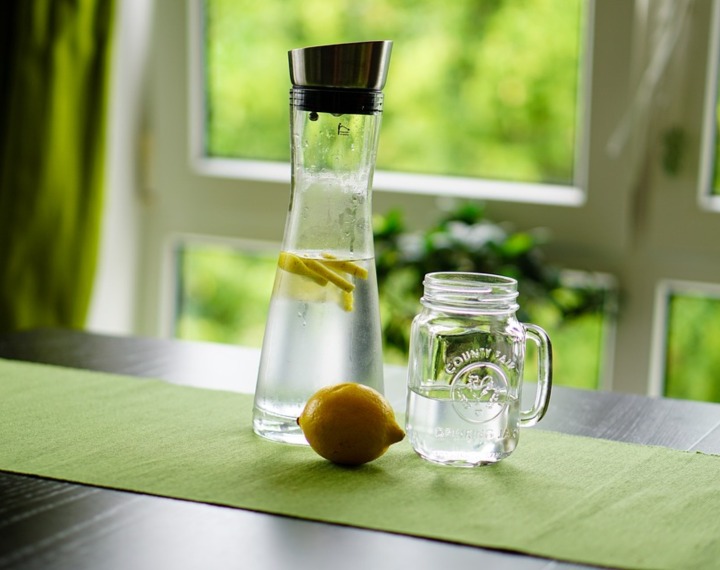How to Ensure that Care Home Residents are Drinking Enough?
 Particularly in the warmer months, it’s important to ensure that your residents are drinking enough. As otherwise, they could end up becoming dehydrated, which can be particularly dangerous for seniors. With the weather getting warmer each day, now is the perfect time to think about the importance of keeping your residents well hydrated.
Particularly in the warmer months, it’s important to ensure that your residents are drinking enough. As otherwise, they could end up becoming dehydrated, which can be particularly dangerous for seniors. With the weather getting warmer each day, now is the perfect time to think about the importance of keeping your residents well hydrated.
Why is not drinking enough dangerous for seniors?
Being dehydrated can impact our health in a serious way, causing all sorts of issues. However, for seniors, dehydration can be even more serious. The good news is that preventing dehydration is easy to do, it’s just a case of ensuring that your residents always get plenty to drink.
Every year there are thousands of seniors that suffer from dehydration and become seriously ill because of it. So it’s important to be aware of the problems associated with dehydration, these include: tiredness, reduced mental ability which leads to confusion, low blood pressure, increased risk of falls, heightened risk or urinary tract infections, headaches, and increased risk of developing pressure sores.
Why are seniors more prone to dehydration?
There isn’t just one reason why seniors are more at risk of dehydration, there are various reasons. The most common causes of dehydration in seniors are as follows:
Being unable to drink without help
When a care home resident can’t drink without help, then they become more prone to dehydration. This is mainly an issue in care homes that are understaffed.
Incontinence
Sometimes seniors who suffer from issues with incontinence purposefully drink less to avoid having accidents. This can be dangerous, however, as it can lead to incontinence and an increased risk of UTIs.
Dementia
Seniors who suffer from dementia have memory problems which can mean that they forget to drink, and because of this, end up dehydrated.
Depression
Seniors who suffer from depression may not take adequate care of themselves, which means that they may not bother to keep themselves properly hydrated.
Medications
Did you know that some medications can cause seniors to become less thirsty, meaning that they drink less, and so are prone to dehydration.
What are the best ways to ensure that your care home residents are drinking enough?
The good news is that ensuring that your residents are drinking enough is easy to do, it’s just a case of being organised about it, and having certain systems in place.
Make staff training a priority. When it comes to beating dehydration, the best thing that you can do is ensure that your team of staff are properly trained in keeping your residents well hydrated.
Offering a selection of appealing drinks. To ensure that the drinks on offer appeal to everyone, put out a selection, and ensure that they look appealing by using garnishings like ice and lemon. If a resident has a favourite drink, always do your best to provide it for them, as they’re more likely to drink something that they enjoy than a drink that they don’t like.
Make drinking easier. For anyone with mobility issues or tremors, drinking on their own can be a struggle. So it’s important to make sure that staff are always on hand to help them to have a drink. It’s also important to invest in drinking aids for your residents who require them, to make drinking easier for them. There are a range of specialist cups to choose from, some of which are made to accommodate certain conditions, such as Parkinson’s Disease, for instance.
If you notice that a resident isn't drinking enough, it’s important to work out the reason why and work with them to ensure that they are getting plenty to drink.




